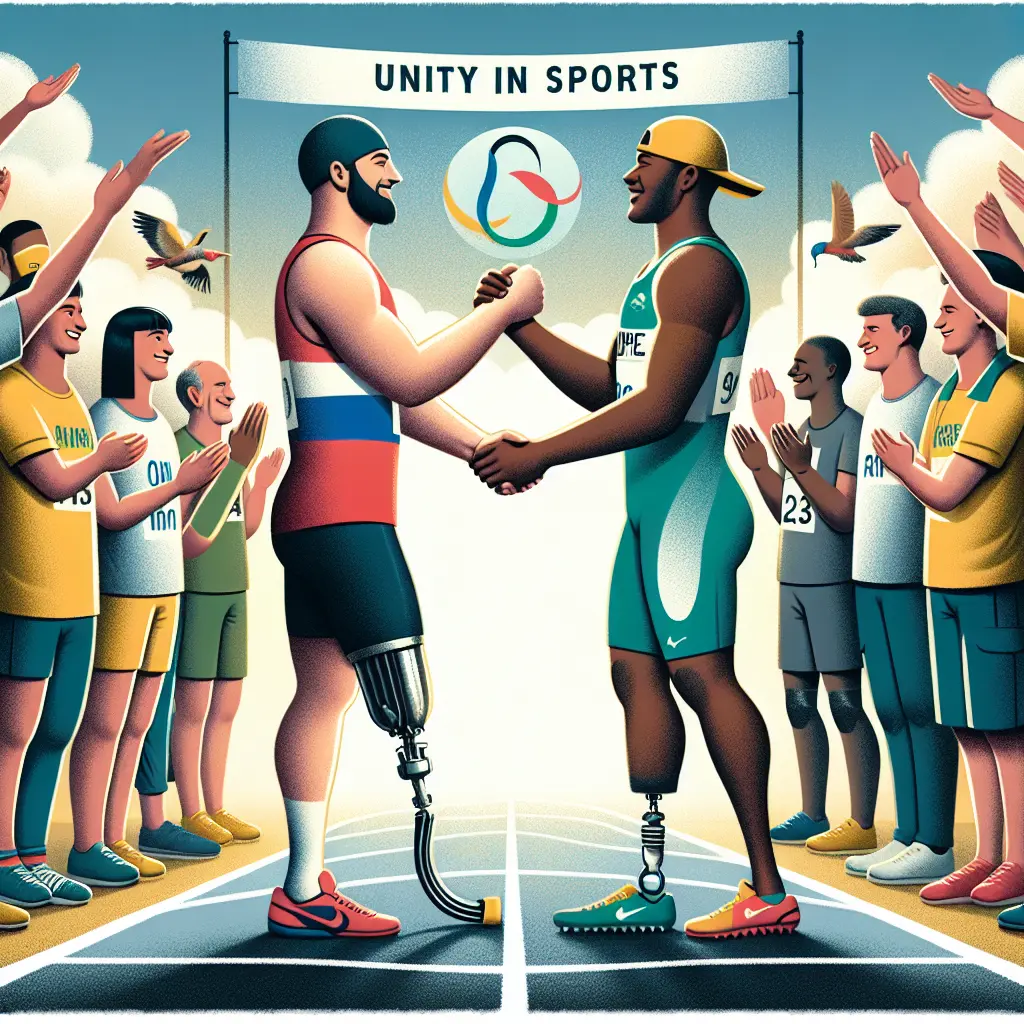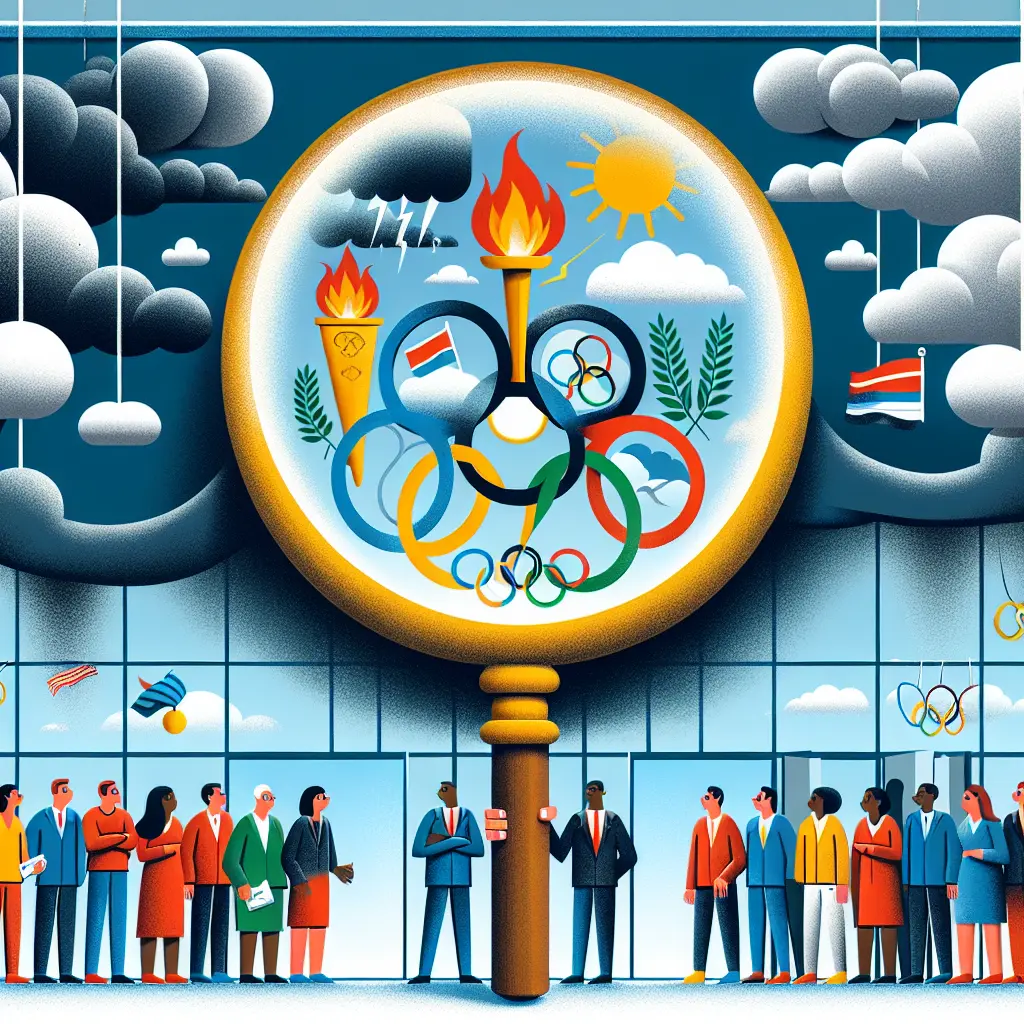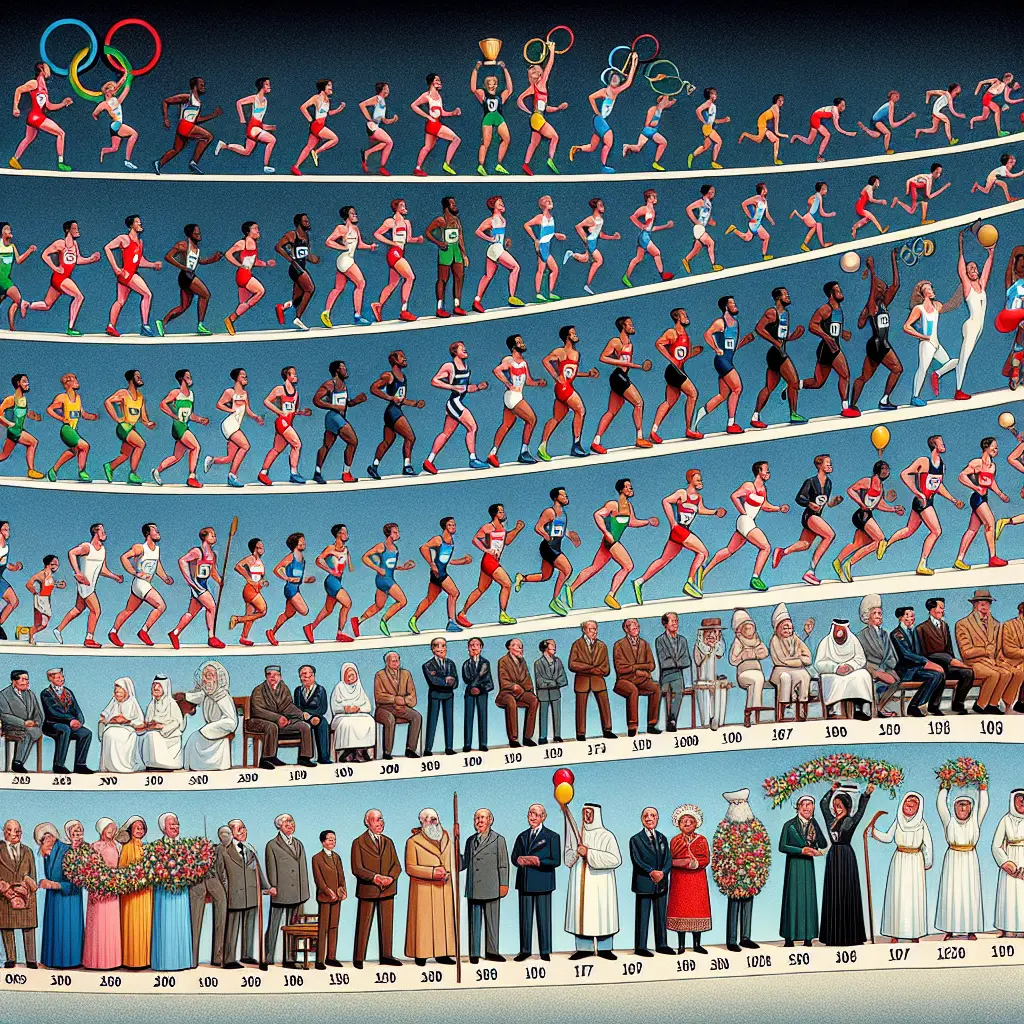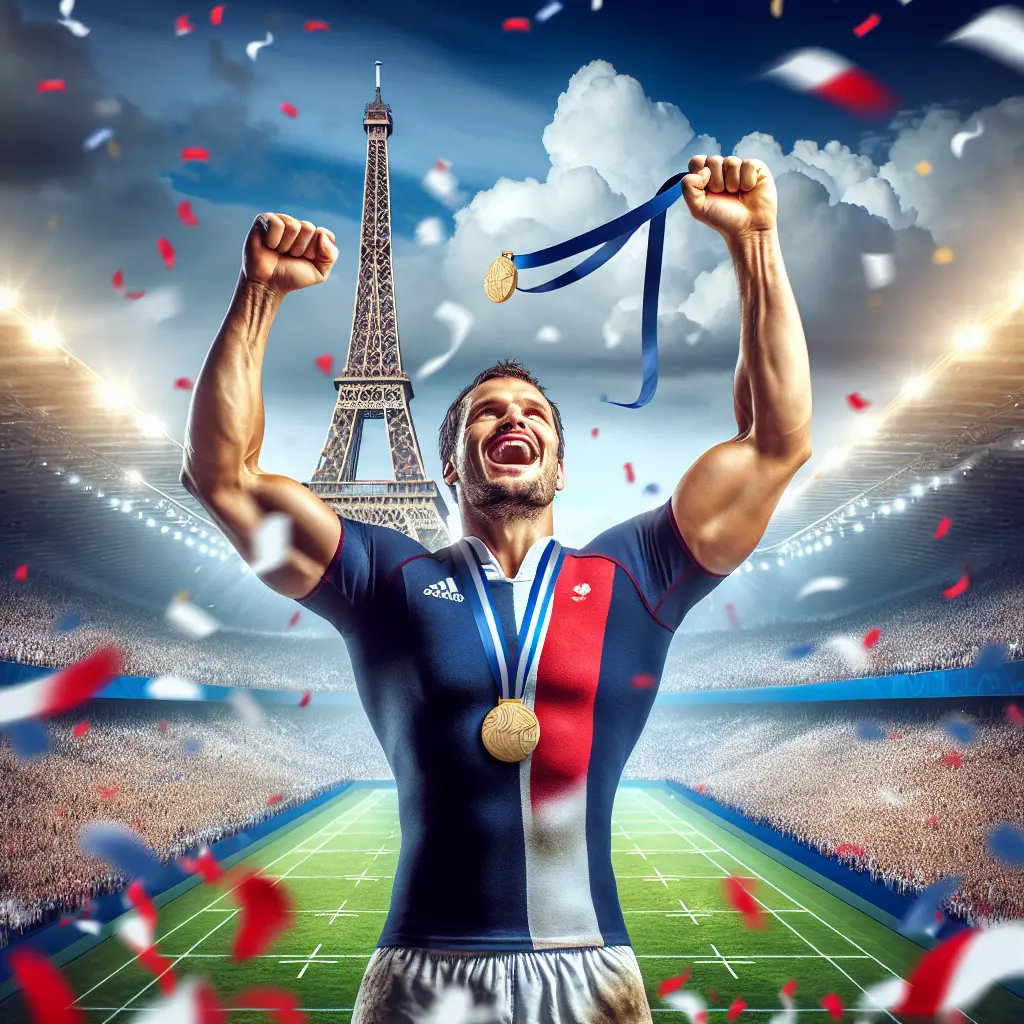As the world gears up for the 2024 Summer Olympics in Paris, excitement is mounting not only for the Olympic Games but also for its equally inspiring counterpart, the Paralympics. Both events showcase the pinnacle of human athletic prowess, yet they cater to distinctly different groups of athletes under the umbrella of sportsmanship and international competition. In this detailed exploration, we'll dive into the Paralympics vs Olympics, understanding their unique characteristics and celebrating their inclusivity.
The Paralympic Games are a monumental event designed specifically for athletes with disabilities. This competition mirrors the Olympic Games in structure but is tailored to meet the needs of participants with physical, mental, and sensory disabilities. The Paralympics emphasize not just competition but also the resilience and capabilities of individuals who overcome incredible odds to perform at high levels in sports.
The Olympics, held every four years, are perhaps the most renowned global sporting event, featuring thousands of athletes from around the world competing in a wide range of sports. The Games are celebrated for bringing together diverse nations in a peaceful and competitive environment, promoting a spirit of unity and friendship across borders.
When comparing the Paralympics vs Olympics, it's important to understand that both events aim to promote excellence in sport and human values. However, the Paralympics have additional classifications for athletes based on their specific disabilities to ensure fair competition, something that is uniquely different from the Olympics.
The athletes who compete in the Paralympics and Olympics are all highly skilled, but those in the Paralympics often have to train and compete with adaptive techniques and equipment. For example, visually impaired runners may compete with the guidance of a sighted partner, and wheelchair athletes use specially designed equipment for racing and basketball.
History and Evolution
The modern Olympic Games began in 1896, inspired by the ancient Greek games held in Olympia. The Paralympics emerged much later, with the first official games being held in Rome in 1960. Both events have grown significantly over the decades, continually adapting to include more sports categories and athletes from more countries.
While many sports are similar between the two competitions, such as swimming and athletics (track and field), the Paralympics also include unique events like boccia and goalball, designed specifically for athletes with certain types of disabilities. The categorization of athletes based on their level of impairment is a critical aspect of ensuring fair competition in the Paralympic Games.
Both the Olympics and Paralympics strive for inclusivity. The Olympic Games have made strides in gender equality and now include a nearly equal number of women’s and men’s competitions. The Paralympics champion the abilities of people with disabilities, promoting an inclusive message that physical or mental impairments do not diminish a person's potential to achieve sporting greatness.
As Paris prepares for the 2024 Summer Olympics, recent developments include concerns about a potential dengue fever outbreak which could affect both spectators and participants (source). Additionally, excitement is building around the innovative ways audiences can enjoy the Games, with Xfinity offering coverage with Dolby Vision and Dolby Atmos on its Stream app (source). Fred Sirieix has also been announced as part of BBC’s presenter lineup, bringing his charismatic charm to the event’s coverage (source).
Looking Ahead
Moreover, viewers can look forward to an unprecedented opening ceremony at the 2024 Paris Olympics, promised to be unlike any before it (source). For those unable to attend in person, there are comprehensive guides on how to stream the Olympics like a champ (source), ensuring fans don’t miss a moment of this spectacular event.
The Paralympics and Olympics both stand as testaments to human tenacity and the unifying power of sports. While they serve different groups of athletes, their core mission remains similar: to celebrate diversity, foster unity, and push the limits of human potential. As we look forward to these upcoming events in Paris, let’s embrace both the Olympic and Paralympic Games for their contributions to sports and society.










Leave a Comment